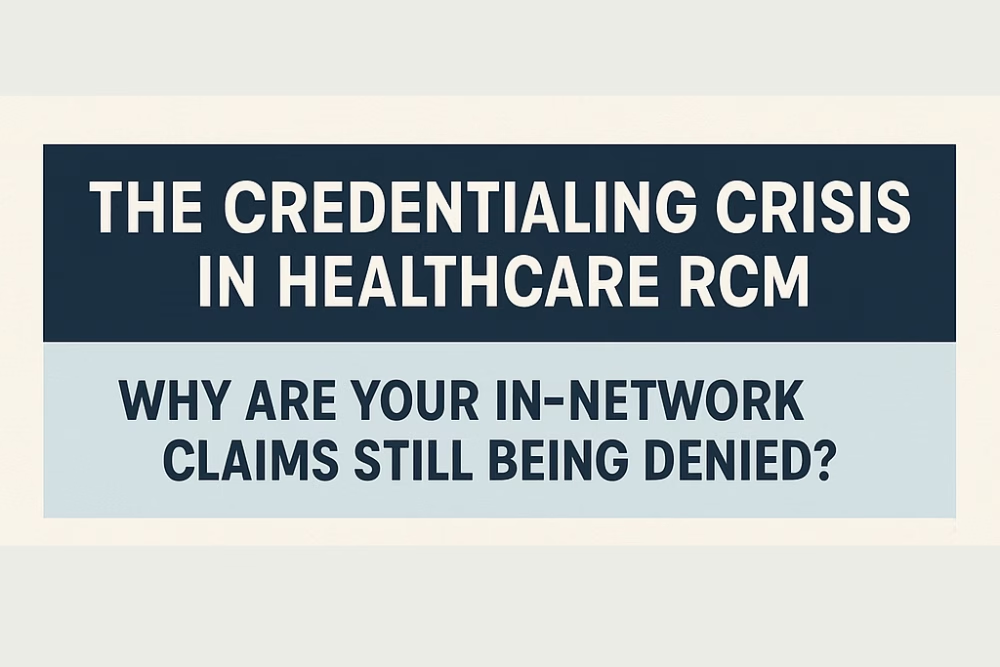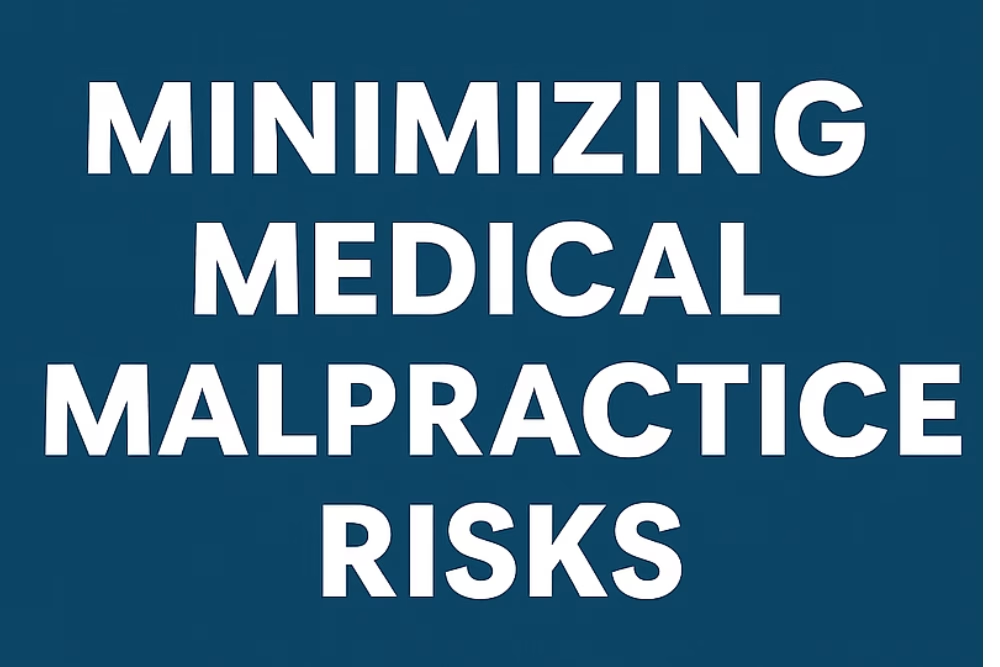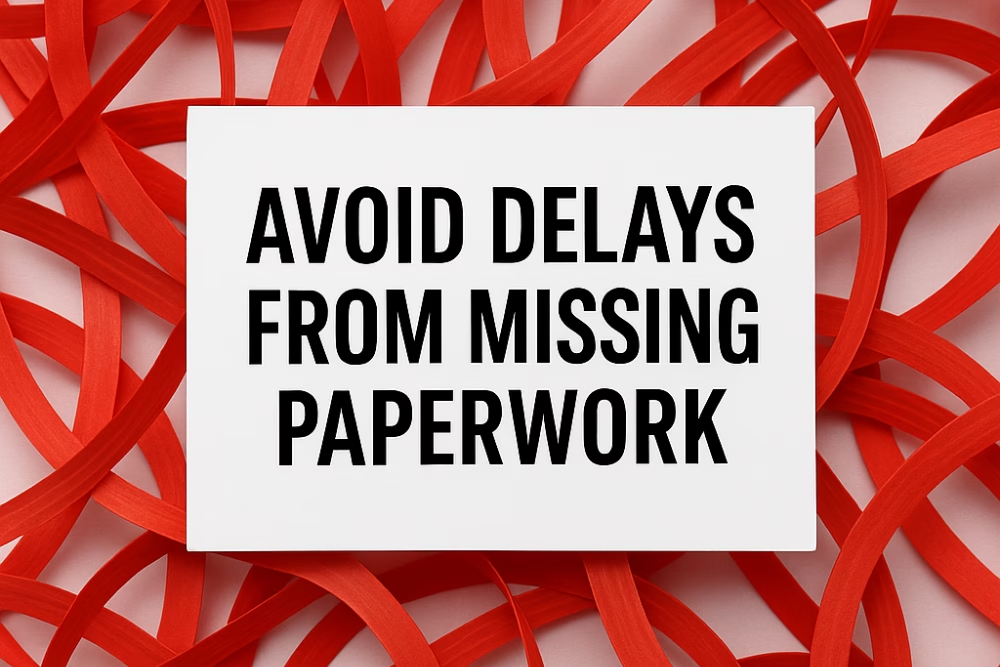For healthcare providers, practice managers, and owners, maintaining an up-to-date CAQH profile is essential for staying credentialed and getting paid on time. The Council for Affordable Quality Healthcare (CAQH) serves as a centralized platform where providers store and share critical information with over 90% of national health insurers.
However, when your CAQH profile expires, it can disrupt your operations, delay payments, and even affect patient care. This article breaks down why CAQH matters, what causes delays, and how to avoid the consequences of profile expiration.
Why CAQH Matters in Healthcare Credentialing
The CAQH portal simplifies credentialing by eliminating the need to submit documents, like licensure, work history, and malpractice coverage, individually to each payer. Insurance companies can access your verified information directly, saving your team time and reducing administrative errors.
That said, CAQH profile expiration for healthcare providers is a real risk if regular maintenance and attestation are ignored.
What Causes CAQH Credentialing Delays?
Credentialing issues often stem from avoidable oversights. Common causes include:
-
Illegible or Low-Quality Documents: Poorly scanned licenses or certificates can delay verification.
-
Missing or Expired Information: Outdated malpractice insurance or expired DEA certificates will halt progress.
-
Unupdated Contact Information: Address changes, phone number, or tax ID that aren’t reflected in CAQH create red flags.
The Cost of an Expired CAQH Profile
Failing to re-attest your CAQH profile can have several consequences:
-
Credentialing Delays: Payers cannot process your applications, which slows down contracting and onboarding.
-
Payment Disruptions: Reimbursement delays are common when your CAQH profile is inactive.
-
Manual Payer Contact: Without a current CAQH profile, you’ll have to send updates to each payer separately.
-
Practice Inefficiencies: An expired profile can reflect poorly on your administrative management and reduce trust with partners.
-
Impact on Patient Services: Financial disruptions can affect staffing, scheduling, and overall care quality.
Pro Tips to Keep Your CAQH Profile Active
Maintaining your profile is easier when done proactively. Here’s how:
-
Attest Every 180 Days: Mark your calendar or automate reminders. Many practices opt for quarterly reviews.
-
Update immediately: Add new licenses, malpractice policies, or W-9s as soon as they change.
-
Double-Check Document Quality: Ensure all files are clear, legible, and properly formatted.
-
Confirm All Changes: After updating, always re-attest to ensure the changes are validated.
Keeping your CAQH profile expiration for healthcare providers in check helps maintain operational efficiency and reduces the risk of revenue interruptions.Let eClinicAssist Manage Your Credentialing & CAQH
Staying on top of CAQH and credentialing doesn’t have to be overwhelming. At eClinicAssist, we offer full-service credentialing support, including CAQH profile management, payer enrollment, and ongoing compliance.
👉 Contact us today for a free consultation and let us take credentialing off your plate—so you can focus on delivering exceptional patient care.







